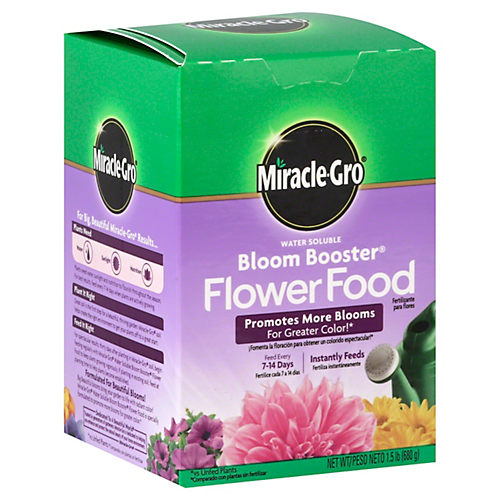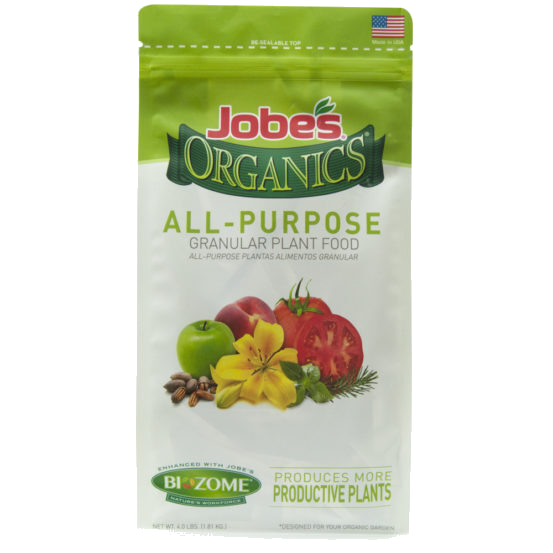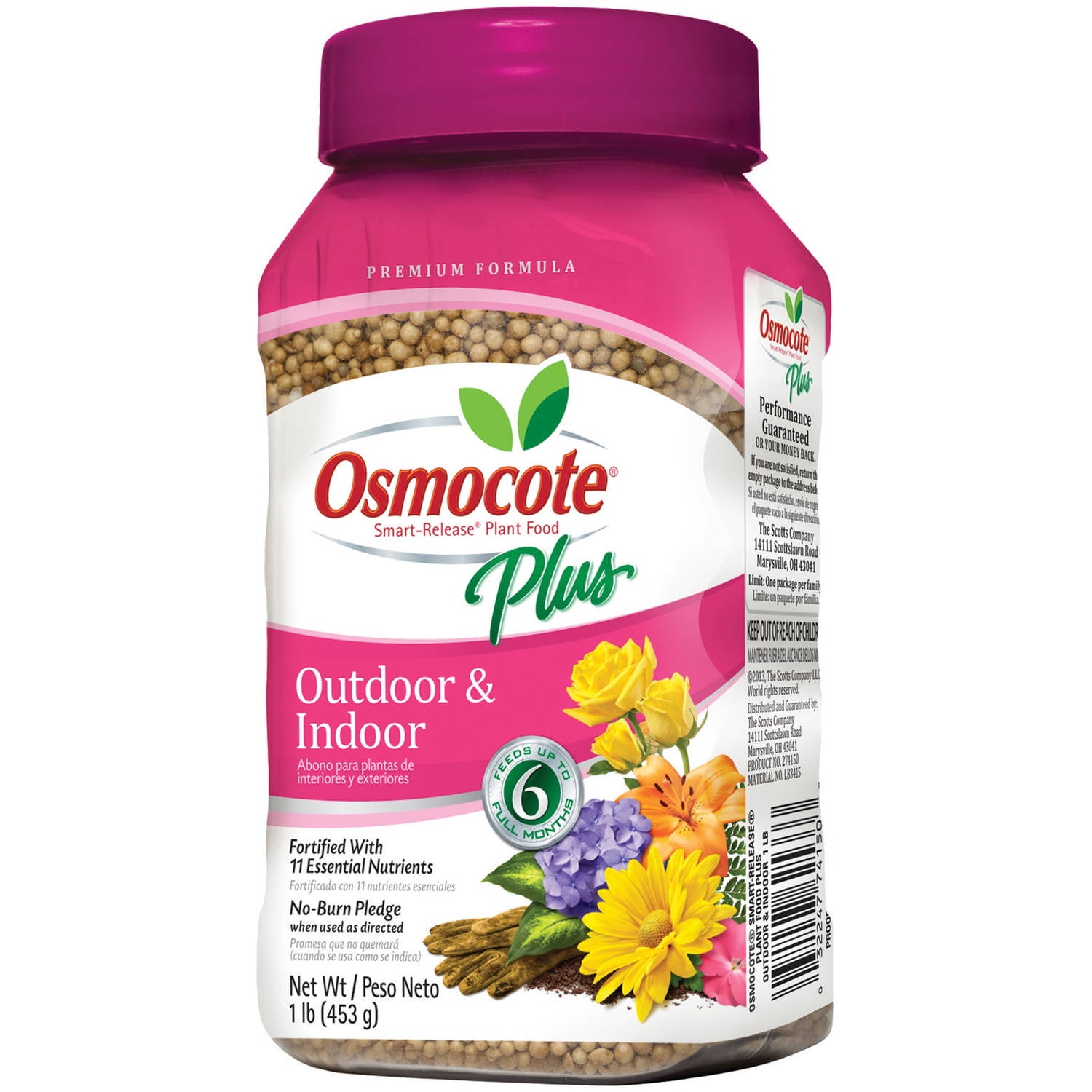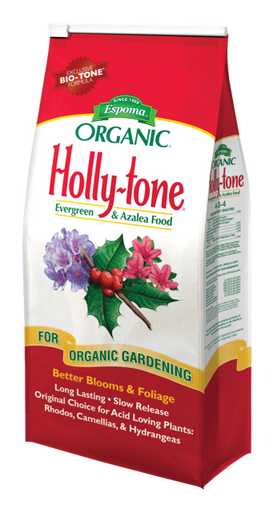The Ultimate Guide To Choosing The Best Fertilizer For Your Hibiscus
The Ultimate Guide to Choosing the Best Fertilizer for Your Hibiscus
Hibiscus plants are beautiful and colorful, and they can be a real showstopper in any garden. But in order to keep your hibiscus plants healthy and flowering, they need to be fed properly.
There are many different fertilizers on the market, so it can be tough to know which one is right for your hibiscus. In this guide, we will discuss the different types of fertilizers available, as well as how to choose the best one for your plants.
What is fertilizer?
Fertilizer is a substance that is added to soil to improve its nutrient content. It helps plants grow by providing them with the essential nutrients they need, such as nitrogen, phosphorus, and potassium.
Why do hibiscus plants need fertilizer?
Hibiscus plants are heavy feeders, which means they need a lot of nutrients to grow and flower properly. If your hibiscus plants are not getting enough fertilizer, they may not bloom as much, or their leaves may start to yellow.
What are the different types of fertilizers?
There are two main types of fertilizers: organic and inorganic. Organic fertilizers are made from natural materials, such as manure, bone meal, and fish emulsion. Inorganic fertilizers are made from synthetic chemicals.
Both organic and inorganic fertilizers can be effective for hibiscus plants. However, organic fertilizers tend to be slower-release, which means they provide nutrients to the plants over a longer period of time. Inorganic fertilizers are faster-release, which means they provide nutrients to the plants more quickly.
How to choose the best fertilizer for your hibiscus
When choosing a fertilizer for your hibiscus, there are a few factors you need to consider:
- The type of hibiscus plant you have. Some hibiscus plants are more heavy feeders than others.
- The climate you live in. If you live in a hot, dry climate, you may need to use a fertilizer that is specifically formulated for warm-weather plants.
- The age of your hibiscus plant. Young hibiscus plants need more fertilizer than older plants.
Here are some of the best fertilizers for hibiscus plants:
- Miracle-Gro® Water Soluble Bloom Booster® Flower Food: This fertilizer is a fast-release formula that is perfect for hibiscus plants that are in bloom.

- Espoma® Rose & Flower Tone: This fertilizer is an organic formula that is slow-release and gentle on plants.

- Jobe's® Organics All Purpose Fertilizer: This fertilizer is a balanced formula that is perfect for hibiscus plants of all ages.

- Osmocote® Smart-Release Plant Food: This fertilizer is a slow-release formula that is perfect for hibiscus plants that are planted in the ground.

How to apply fertilizer to hibiscus plants
The best time to fertilize hibiscus plants is in the spring and summer, when they are actively growing. You can apply fertilizer either to the soil around the plants or to the leaves of the plants.
If you are applying fertilizer to the soil, follow the package directions for the amount of fertilizer to use. Be sure to water the plants thoroughly after applying fertilizer.
If you are applying fertilizer to the leaves, dilute the fertilizer according to the package directions. Then, use a spray bottle to apply the fertilizer to the leaves of the plants.
How often to fertilize hibiscus plants
You should fertilize hibiscus plants every four to six weeks during the growing season. If you are using a slow-release fertilizer, you may only need to fertilize once a month.
Conclusion
By following these tips, you can choose the best fertilizer for your hibiscus plants and help them grow and flower beautifully.
Hibiscus plants are beautiful and colorful, but they need the right nutrients to thrive. If you're looking for the best fertilizer for your hibiscus, you've come to the right place.
There are many different fertilizers on the market, but not all of them are created equal. Some fertilizers are too strong for hibiscus plants, while others don't provide the right nutrients.
That's why I recommend visiting Garden Wiki for more information about the best fertilizer for hibiscus. This website has a wealth of information on hibiscus care, including a detailed guide to choosing the right fertilizer.
The website also offers a variety of fertilizer products that are specifically designed for hibiscus plants. These products are safe, effective, and will help your hibiscus plants bloom their best.
So what are you waiting for? Visit Garden Wiki today and learn more about the best fertilizer for hibiscus!
FAQ of best fertilizer for hibiscus
1. What is the best fertilizer for hibiscus?
Hibiscus plants need a fertilizer that is high in nitrogen and potassium, with a moderate amount of phosphorus. A good fertilizer for hibiscus would have an NPK ratio of 12-4-8 or 10-5-10. Some popular fertilizers for hibiscus include Espoma Organic Palm-tone, Dr. Earth Flower Girl Organic Bud & Bloom Booster, and Miracle-Gro Performance Organics All Purpose Granules.
2. How often should I fertilize my hibiscus?
Hibiscus plants should be fertilized once a month during the spring and summer, and once every 2-3 months during the fall and winter. You can use either a water-soluble fertilizer or a slow-release fertilizer. If you are using a water-soluble fertilizer, dilute it according to the instructions on the label.
3. How much fertilizer should I use?
The amount of fertilizer you use will depend on the size of your hibiscus plant. A good rule of thumb is to use no more than 1 tablespoon of fertilizer per gallon of water.
4. What are the signs of over-fertilizing hibiscus?
The signs of over-fertilizing hibiscus include yellow leaves, leaf drop, and stunted growth. If you think you may have over-fertilized your hibiscus, flush the soil with water to remove the excess fertilizer.
5. How can I make my hibiscus bloom more?
There are a few things you can do to make your hibiscus bloom more:
- Fertilize your hibiscus regularly with a fertilizer that is high in phosphorus.
- Plant your hibiscus in a sunny location.
- Water your hibiscus regularly, but do not overwater.
- Prune your hibiscus regularly to remove dead or diseased branches.
Image of best fertilizer for hibiscus
This slow-release fertilizer is perfect for hibiscus plants, as it provides a steady stream of nutrients over a period of several months. It is also water-soluble, so it is easy to apply.

- Espoma Holly-tone Fertilizer
This fertilizer is specifically formulated for hibiscus and other flowering plants. It is high in potassium and phosphorus, which are essential for blooms. It is also low in nitrogen, which can promote excessive foliage growth.

- Jobes Hibiscus Plant Food
This fertilizer is another good option for hibiscus plants. It is a liquid fertilizer that is easy to apply. It is also high in potassium and phosphorus, and it is low in nitrogen.

- Miracle-Gro Water Soluble Plant Food
This fertilizer is a general-purpose fertilizer that can be used for a variety of plants, including hibiscus. It is a water-soluble fertilizer, so it is easy to apply. It is also high in potassium and phosphorus, and it is low in nitrogen.

- Schultz Bloom Booster Plant Food
This fertilizer is specifically formulated to promote blooms. It is high in phosphorus and potassium, and it is low in nitrogen. It is also a water-soluble fertilizer, so it is easy to apply.

Post a Comment for "The Ultimate Guide To Choosing The Best Fertilizer For Your Hibiscus"